Research Projects
The research projects of the TMDT are characterized by close interdisciplinary cooperation and a mixture of basic and applied research. In general, the projects are carried out jointly with industrial companies, local authorities and/or research institutions.
AITHENA: AI-based Connected and Cooperative Automated Mobility: Trustworthy, Explainable, and Accountable
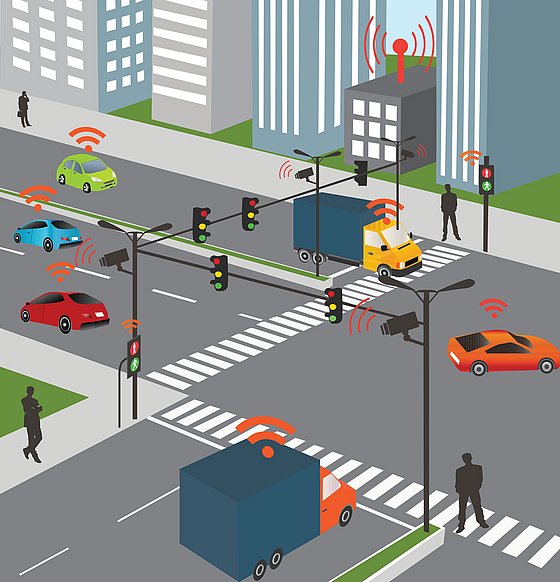
The increasing use of AI components in vehicles and transportation is leading us down a path where the computer makes decisions and we humans have to blindly trust the AI and live with those decisions. Explainable AI is increasingly becoming an area of great interest to various user groups, such as citizens who want to trust the systems they use, legal entities who are responsible for liability and accountability, and researchers who want to understand the limitations of AI and improve the models. The goal of AITHENA is to research and develop methods to create transparency and interpretability of AI models for use in CCAM solutions.
Further information can be found here.
ASaG: Automated damage detection on freight cars
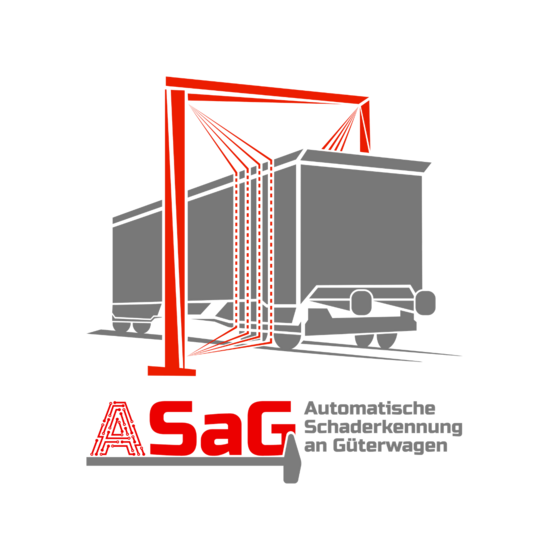
In this project, we design, develop and evaluate AI algorithms for the semi-automated damage assessment of freight cars in train formation. The goal is to bring in the state of the art in the use of artificial intelligence for the localization and classification of defects in image data, to adapt and extend established methods from the academic environment for the present use case.
For more information, please click here.
CC5G.NRW: Competence Center 5G.NRW
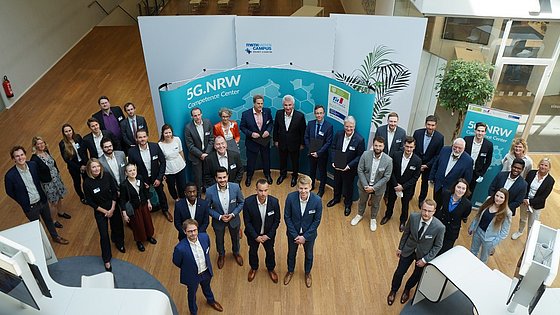
The central goal of CC5G.NRW is to contribute to the development of NRW as a lead market for 5G. The focus is on new solutions for companies and authorities in the application of 5G, as well as research into social issues relating to security, social inclusion and sustainability. In this context, innovation potentials and obstacles are identified, systemic competencies are developed and expanded, and potentials of 5G are made accessible.
You can find more information here.
DACE: Datenkompetenzzentrum für Circular Economy Daten
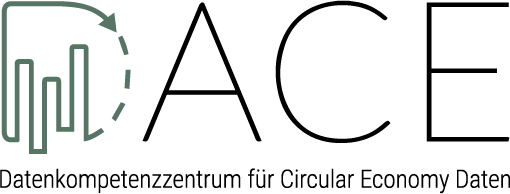
The DACE (Data Competence Center for Circular Economy) explores the necessary competencies for the collection, analysis, and utilization of Circular Economy (CE) data by the scientific community and for the CE itself. The goal is to empower researchers, in particular, in handling CE data and to connect stakeholders in data-driven Circular Economy initiatives.
Further information can be found here.
DeFenSIO: Securing the Information and Communication Structures of Aid Organizations through Capacity Building
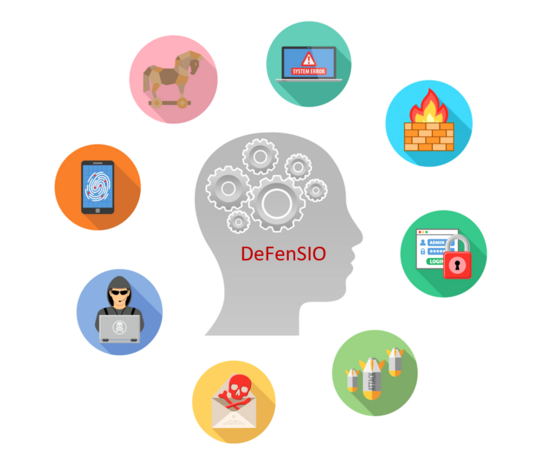
The aim of the project is to increase the resilience of critical infrastructures in the health sector, using the Malteser network as an example, and to create a sustainable security culture. To this end, holistic information security concepts will be developed that integrate technical, organizational and personnel development measures.
Further information can be found here.
DigiData

In the DigiData project, the TMDT will explore and establish a new form of interdisciplinary knowledge and method transfer within universities. Starting from the people who drive digitization, data science and artificial intelligence, the project aims at a horizontal and intra-university transfer to people from other disciplines who do not yet fully use the achievements of these fields.
Further information can be found here.
DigiTal Zwilling
Automated extension of the digital twin of the city of Wuppertal with visual data using semantic technologies
The digital twin serves as a basis for the digital recording of data collected in the municipal environment and is to be used in future for the simulation and planning of developments in the Wuppertal area.
Further information can be found here.
DOME
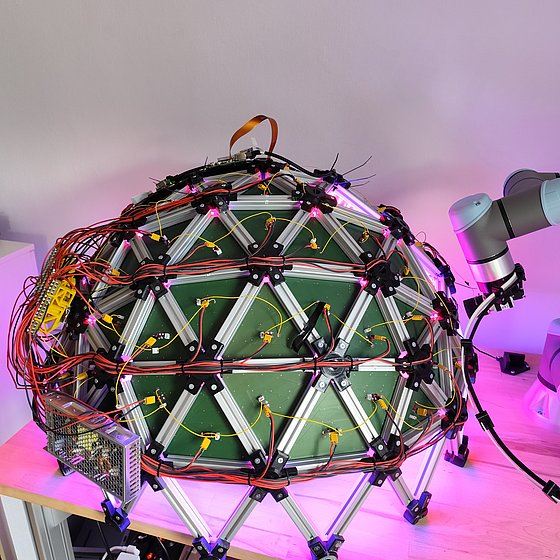
DOME is an automated system for multi-perspective and variable image acquisition that generates high-quality training data for AI-based visual inspection systems. Targeted illumination in a hemispherical dome and rotation of the object in combination with a robotic system produces up to 1080 images per minute, enabling robust anomaly detection with models such as PatchCore and EfficientAD.
Further information can be found here.
Flex4Green

The Flex4Green project aims to automate and dynamically plan the strictly regulated work processes in the assembly of aircraft shells using AI. Using reinforcement learning and interactions with a simulation, the AI learns to create robust plans for error-prone production sequences, thereby saving time, money, energy and resources in reality. Flex4Green thus contributes to more environmentally friendly and sustainable aircraft production.
Further information can be found here.
Just Scan It 3D
Advancing digitalisation and the growing demand for realistic visual representations have led to increased interest in the use of three-dimensional (3D) objects in recent years. The ability to transform the physical world into virtual 3D models offers a wide range of possible applications in various fields.
Further information can be found here.
HWS 4.0: AI-based Flood Protection System 4.0
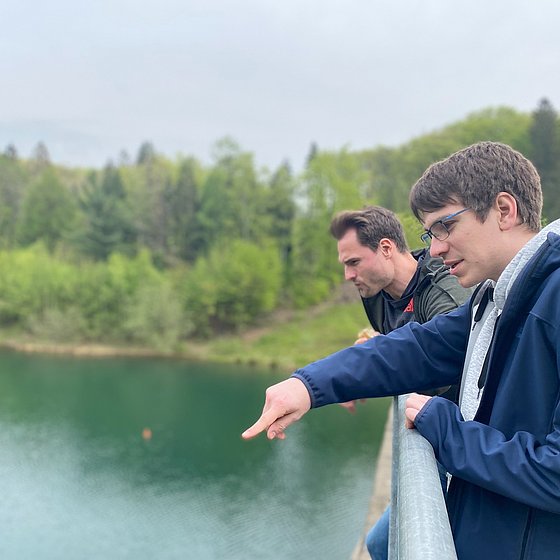
The goal of the project is to use AI methods to prevent flood damage to protect the property of the local economy by developing an early warning system for the temporal and spatial prediction of flood events. The early warning system is based on existing information systems of the Wupperverband and uses state-of-the-art AI methods for data-driven prediction of water levels and flood hazards, taking into account current weather conditions and other environmental factors detected by sensors.
Further information can be found here.
IoT4H: With the craft trades into a digital future
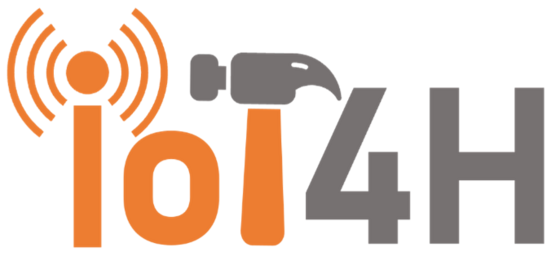
As part of the BMBF program "Innovations for the Production, Service and Work of Tomorrow", the Institute for Technologies and Management of Digital Transformation (TMDT) will enable craft businesses to explore the potential of the Internet of Things (IoT) for themselves and use it profitably within the three-year project.
Further information can be found here.
GenISys: Intelligentes System zur ressourcenschonenden Anlagenkonfiguration mit generativer KI-Technologie
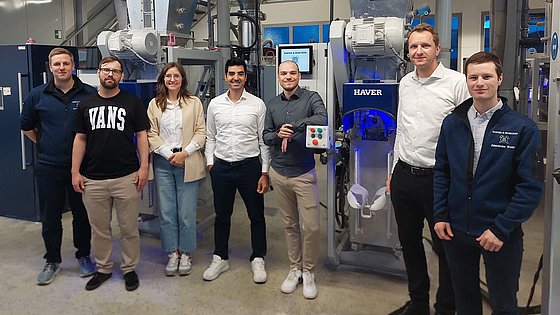
The aim of the project is to innovate the configuration and operation of modern filling systems through the use of digital technologies and generative AI processes. With the help of these methods, it should be possible to generate configurations without the need for extensive simulations. The trained models will be able to use data from laboratory tests of the materials to be filled to suggest a configuration that requires only minor adjustments by the operating personnel for an optimal filling process. Through continuous learning, these models will be able to adapt to the conditions of the process and learn continuously.
Further information can be found here.
Gesundes Tal
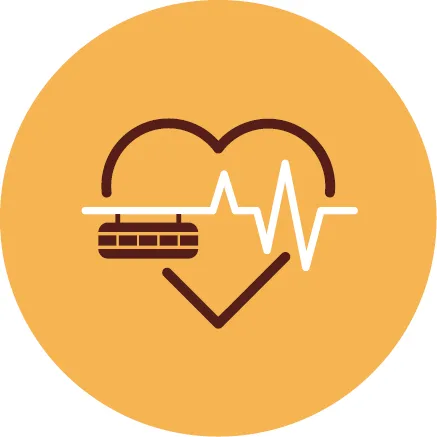
The "Gesundes Tal" project aims to significantly improve preventive healthcare in Wuppertal through digital and customised services. The focus is on the digital provision of health information and services in order to strengthen citizens' personal responsibility for their health and thus prevent illness. The project thus makes an important contribution to promoting the health of the Wuppertal population.
Further information can be found here.
KIB: AI and citizens' councils
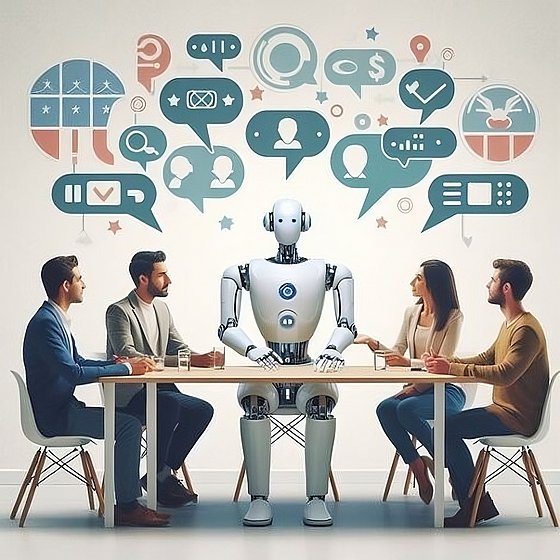
The "Artificial Intelligence and Citizens' Councils (KIB)" project is dedicated to analysing digital solutions - in particular artificial intelligence (AI) - and their significance for public participation in political processes. Citizens are becoming increasingly actively involved in issues that directly affect their everyday lives, be it in the areas of energy, transport or environmental policy. The use of digital tools should make it easier to obtain information and form opinions and support deliberative knowledge production.
Further information can be found here.
KI-Makerspace: Applied Artificial Intelligence at the University of Wuppertal

The KI-Makerspace at the University of Wuppertal is an innovative concept that aims to systematically promote the AI competence of students and teachers. By combining training, project support and the freedom to develop one's own ideas, it enables the direct and effective integration of AI methods into teaching.
Further information can be found here.
Climate resist
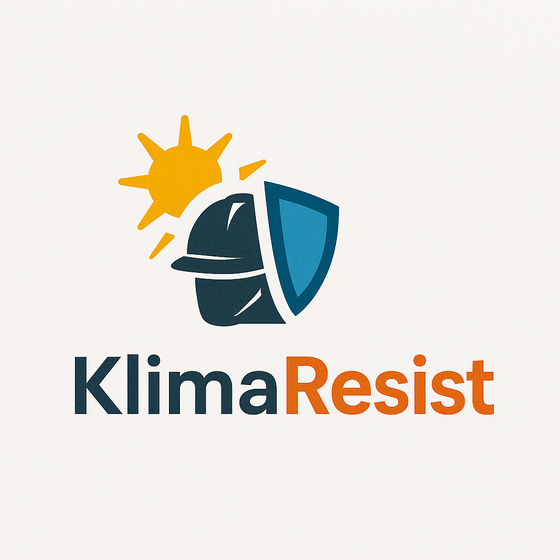
SMEs from the construction and finishing trades, which mainly provide their services outdoors, work together with the project partners to develop solutions for their individual operational challenges as a result of extreme weather conditions and events.
Further information can be found here.
KoLBi-BK: Coherence in Teacher Education - Quantitative and Qualitative Profiling of the Industrial-Technical Teaching Profession at Vocational Colleges

Within the framework of the in-house project KoLBi-BK, a quantitative and qualitative profiling of industrial and technical schooling at vocational colleges is to be carried out. The focus of the TMDT is on the design of industrial and technical classes with virtual reality. Student teachers will be taught how to create virtual reality lessons and the development of teaching concepts with virtual reality will be examined.
Further information can be found here.
LAIserWeld: Quality assessment for laser plastic welding using virtual temperature sensors, AI and computer vision
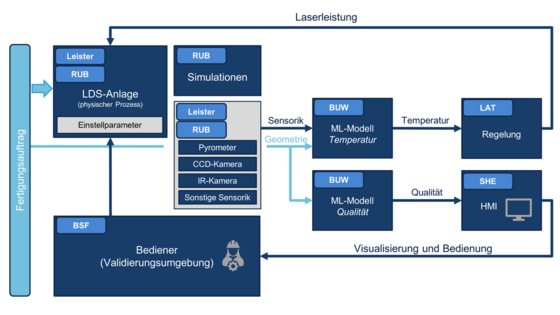
The aim of the LAIserWeld project is to develop an AI-based virtual temperature sensor to optimize process control in laser transmission welding and a system for online quality assessment of the weld seam. The virtual sensor is intended to precisely record the thermal power conversion and serve as an input variable for the control system. At the same time, a camera-based test procedure is being developed that provides visually comprehensible feedback on weld seam quality. Both systems will be validated in a real production environment.
Further information can be found here.
PLASMA
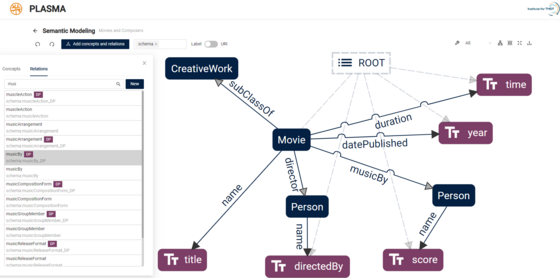
A key result of our research is the PLASMA framework. PLASMA is a tool for creating and editing semantic models that is primarily aimed at non-specialist users. We presented the first version of this semantic modelling platform in 2021 and have continued to develop it further. PLASMA offers an easy-to-use graphical user interface to lower the entry barrier for users without experience in semantic modelling.
Further information can be found here.
REVEAL: Resource-efficient and low-waste elastomer production through AI-based quality and process optimization
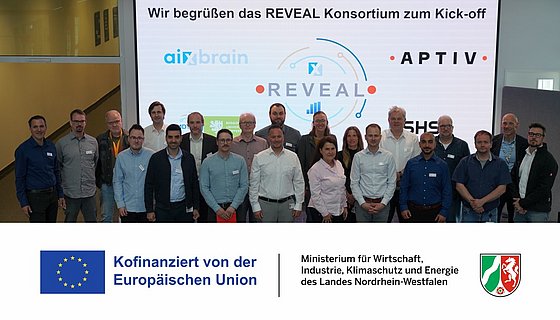
The aim of REVEAL is to develop an AI-supported system for automated inline quality control and data-based process optimization in elastomer injection moulding. Through the complete digitalization of production parameters and the use of multimodal AI models, complex error patterns are to be detected and explained at an early stage. A virtual assistant translates the AI results into transparent recommendations for the operators. The aim is to significantly reduce rejects and the use of resources - using the product portfolio of an industrial partner as an example.
Further information can be found here.
STOTIC: Sustainability Tracking and Optimisation Tool In Commodity Components
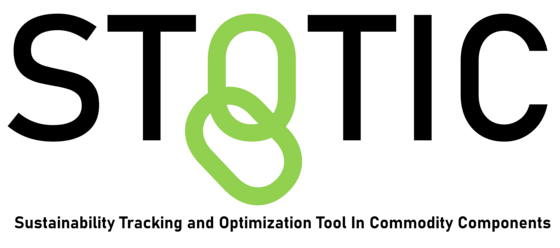
As part of STOTIC, the TMDT is responsible for the design, development and evaluation of learning methods for assessing the sustainability of configurable supply chains. In particular, the TMDT makes a major contribution to modelling, taking into account modern neural network architectures and their applicability for processing sustainability information.
Further information can be found here.
TimberConnect
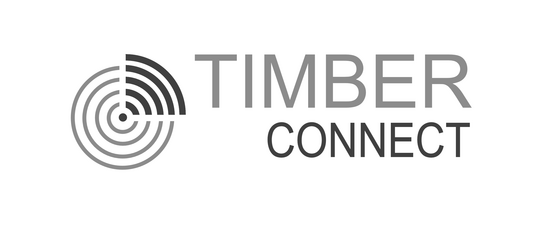
The aim of the "TimberConnect" research project is to develop an IoT-based process structure for the digital and automated recording of relevant process data along the supply chain for timber components in a practical project to promote resource-conserving and recyclable construction. In particular, the project aims to strengthen networking between the various players in the timber component value chain by developing an industry-specific digital product passport. This product passport is to be filled in semi-automatically in order to avoid additional bureaucratic work for future legal regulations. At the same time, consistent data should create more transparency and efficiency and enable new digital business models.
Further information can be found here.
TOP.KI: Text optimization using artificial intelligence
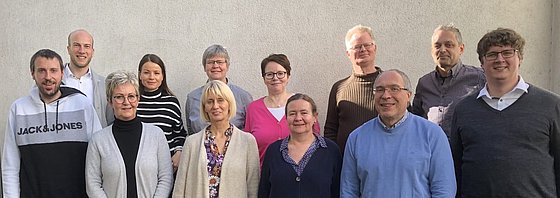
The aim of the TOP.KI project is to develop, test and evaluate a translation tool that uses artificial intelligence to facilitate the creation of exam questions in plain language. While maintaining the same content and level of difficulty, the texts created in this way should be better understood by examinees. This should help to ensure that exam results primarily reflect the trainees' technical and application knowledge rather than their text comprehension skills.
Further information can be found here
TrAIBeR.NRW: Transformation der Automotive Industrie in der Bergischen Region
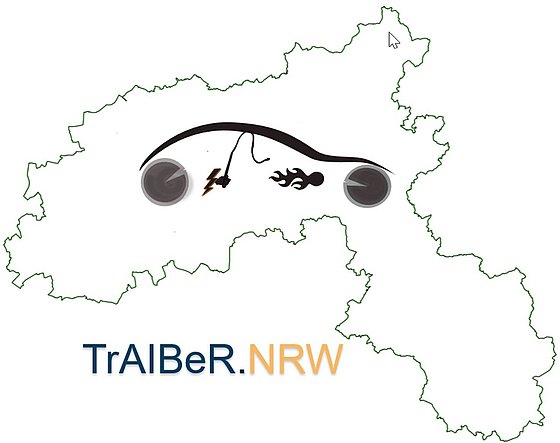
The upcoming traffic shift confronts the automotive supply industry with comprehensive transformation requirements. Answers for the Bergische Region are being developed by the TrAIBeR.NRW project. The project, led by TMDT/SiKom, was created on the joint initiative of the regional IG Metall branch offices and employers' associations.
Further information can be found here.
VARele
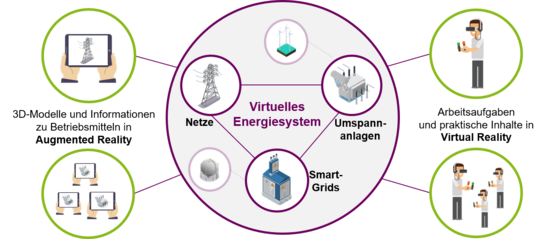
In collaboration with the Chair of Electrical Power Supply Engineering, Energieforen Leipzig GmbH, and Horstmann GmbH, supported by network operators and associated partners, TMDT is working on the development of a virtual energy system.
Further information can be found here.
Finished Projects
In our archive you will find an overview of projects successfully completed at the Institute for TMDT.
